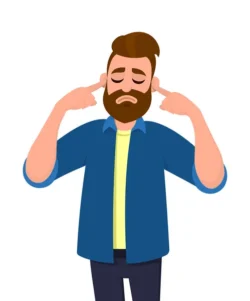
This line of questions inspired by the book “If God Still Breathes, Why Can’t I?” By Dr. Angela N. Parker.
Who are you? And how does who you are influence your relationship to the Bible? I’ll go first.
I’m a middle age transgender Christian with disabilities. My first exposure to religion was growing up watching the 1973 movie Jesus Christ Superstar every year with my mom. This movie leaves the question of the Resurrection open ended. My mom taught me that Jesus was a man who was murdered by the state for standing up for people who were different. Later, when I became a Christian in high school, it was that Jesus I would think back on every time Evangelical teachings sounded wrong. Or threatened to separate me from others and lead me to look down on them.
I didn’t always succeed, and still don’t today. Learning Bible, for me, is a constant process of reading, re-reading, and un-reading. For lack of a better word.
I’m also white. Which means as sensitive as I was to some things in the Bible, white privilege let me slide right over other things without thinking. Until I worked to learn more and do better, I didn’t have any problem with metaphors of slavery as how we should serve Christ and each other. My history didn’t include the generational trauma of American slavery, rape, and murder that made that idea distasteful to my soul.
So who are you?
Did you learn about the Bible in a controlled environment that demanded you only see it one way?
Have you had to intentionally learn about different points of view to see Scripture in new lights?
Has it been easy for you to slide over things in Scripture like Anti-Semitism, racism, woman hating, or anti-LGBTQ attitudes because they don’t directly impact you? Or you thought they didn’t until you understood yourself better? 🙂
These things are worth thinking about. The Bible deserves to be read in solidarity with others. Especially if we hope for others to read it in solidarity with us.
Views: 2


